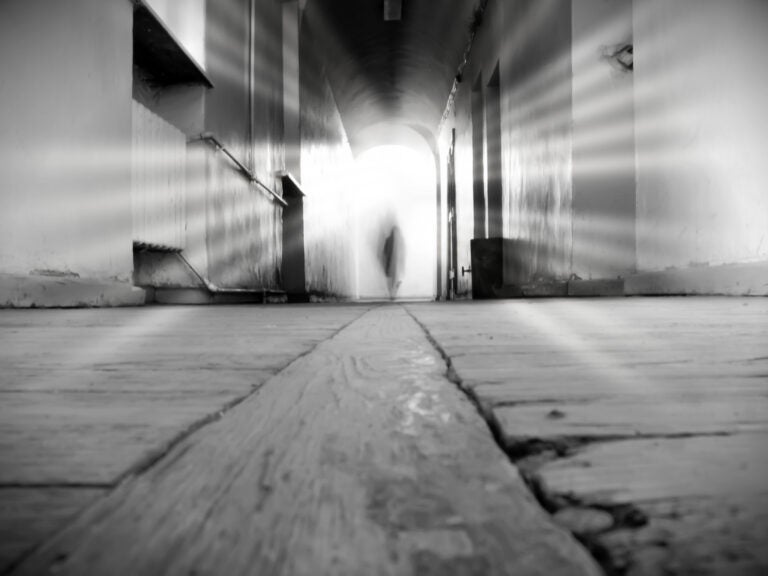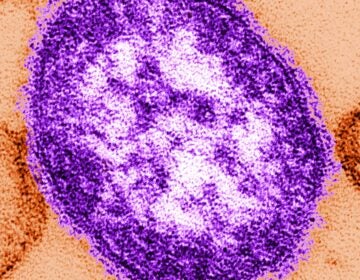The Blurred Line Between Life and Death
On this episode, we explore the space between life and death — changing views on where the line is between the two, terminal lucidity, and what happens after we die.
Listen 49:30
Silhouette in the tunnel with rays of light. Concept - leaving from a life death
We think of life and death as clear cut — you’re alive or you’re not; your heart’s beating or it isn’t; your brain functions or it doesn’t. But when you look a bit deeper, both on a biological level, and in terms of people’s experiences, the border where life ends and death begins starts to look less firm, leading to questions about what comes next.
On this episode, we explore the blurred line between life and death. We hear about near-death experiences, and what researchers say about the difference between our brains and our consciousness; we discuss a pioneering approach to collecting organs that is raising questions about the definition of death; and we’ll explore why some people experience sudden bursts of lucidity before death. Also, a story about a controversial contest to prove the existence of life after death.
ALSO HEARD:
- In 1988, Bettina Peyton was a rationalist, a scientist, and an atheist — the last person who’d ever believe in life after death. But when her heart stopped during the delivery of her third child, Peyton experienced something she never could have imagined — something that would change her life, and her beliefs, forever. Reporter Liz Tung tells her story.
- For years, Alexander Batthyány’s grandmother had lost her ability to communicate, because of dementia and multiple strokes — until, shortly before her death, she experienced a sudden burst of clarity that allowed her to talk with and say goodbye to her family. It was a profound experience that inspired Batthyány, now a cognitive scientist, to write a book about the phenomenon: “Threshold: Terminal Lucidity and the Border of Life and Death.” We talk with Batthyány about terminal lucidity, and the questions it raises about the division between our brains and our minds.
- Money is the lifeblood of scientific research — so when billionaire businessman Robert Bigelow announced a $1 million essay contest to scientifically prove the existence of an afterlife, it seemed like a boon for near-death studies. But as Grant Hill reports, the contest has been controversial.
Segments from this episode
WHYY is your source for fact-based, in-depth journalism and information. As a nonprofit organization, we rely on financial support from readers like you. Please give today.






